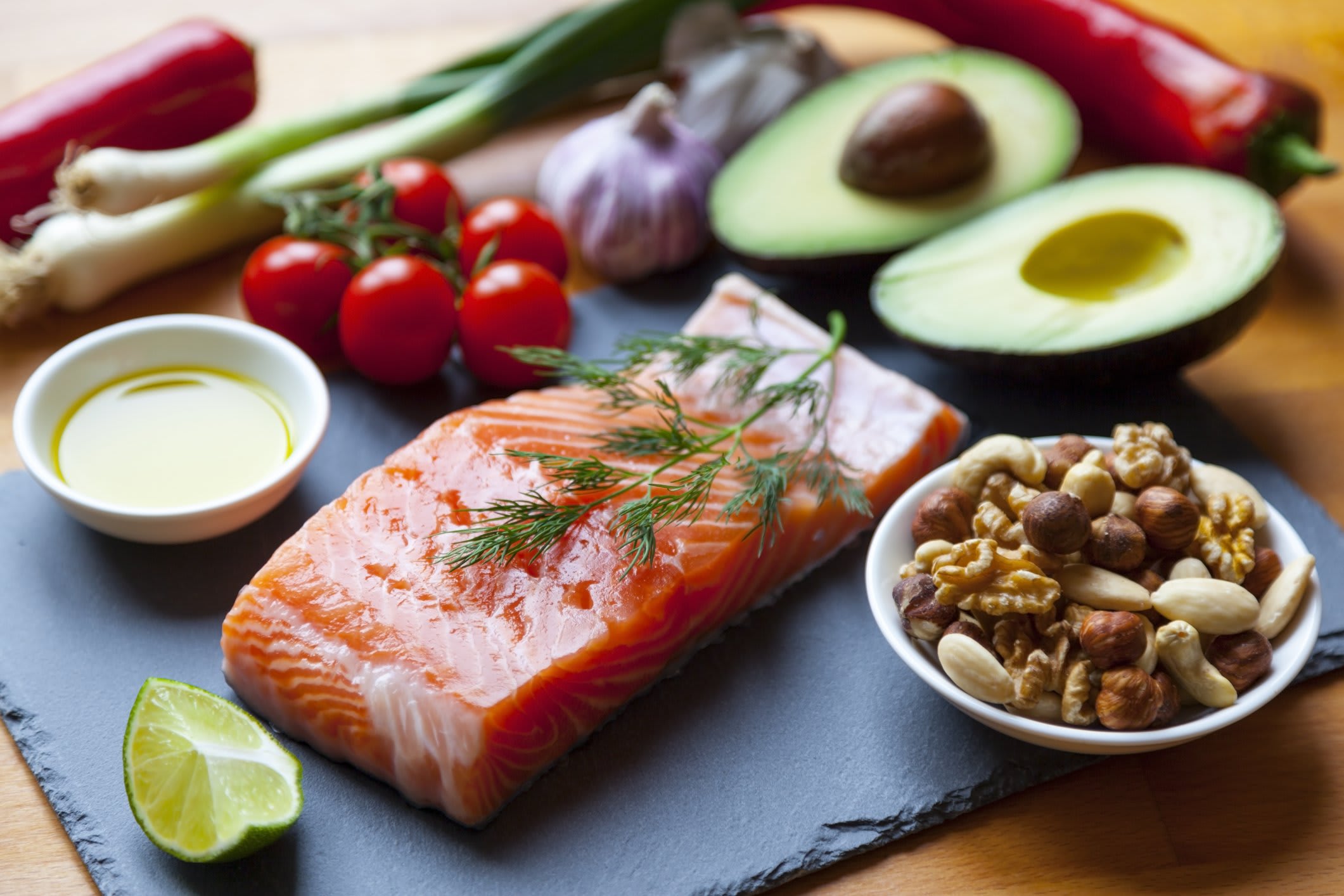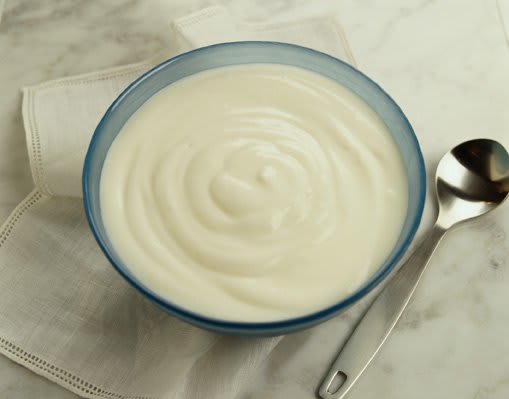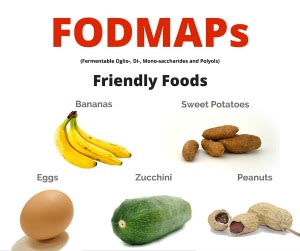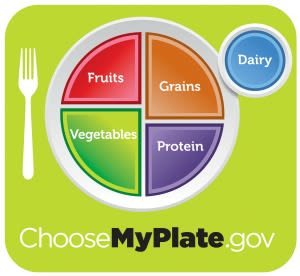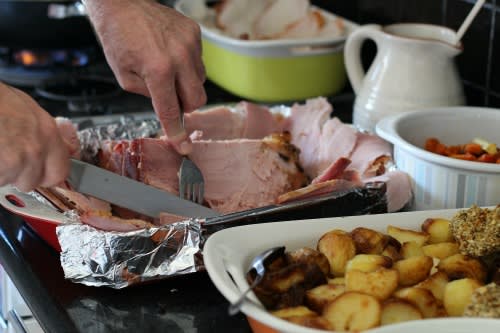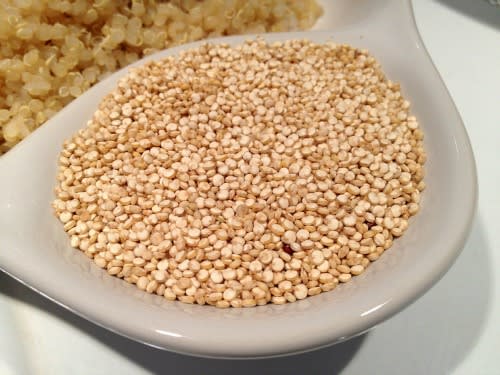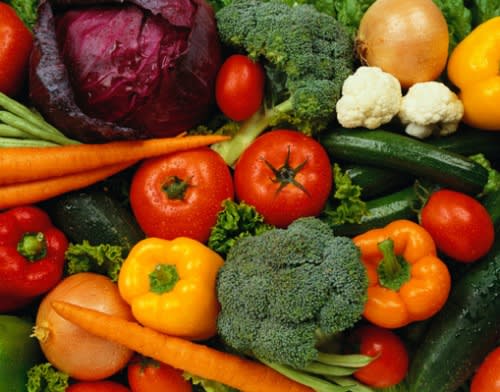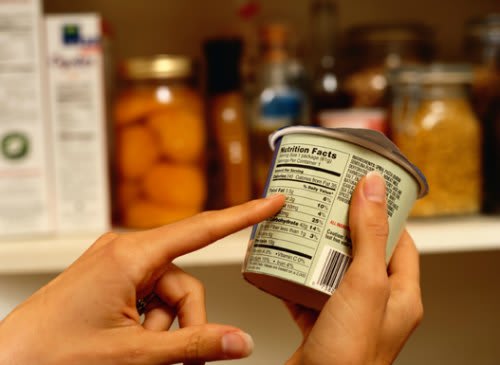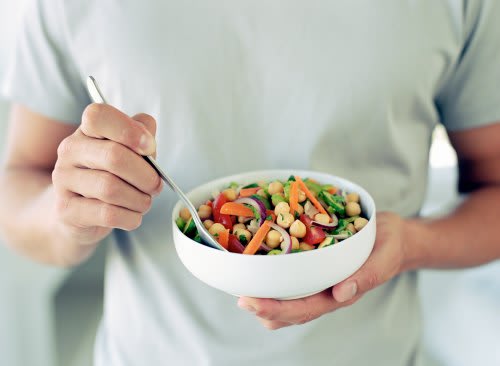High Protein Diets: The Meat of It
Published: December 14, 2016l
By Jane Wynne, Hunter College Nutrition Student, and Lisa Zarny, MS, RD, CD-N, Clinical Nutrition Manager
When it comes to losing weight, many of us look for the latest trend and the easiest way out. A well-known diet that continues to be followed is the low carbohydrate, high protein diet. While this diet is popular, there is limited evidence to show that it facilitates keeping any weight off that has been lost. In addition, there has been some health concerns associated with the nutritional intake of this diet. So before you run to the store for your next high-protein meal, here are some of the facts.
It’s true studies have shown that high-protein, low carbohydrate diets are successful in losing more weight in the first week compared to calorie-restricted diets alone. However, this weight loss is not necessarily fat loss. When carbohydrates are restricted, your body responds by burning glycogen stores in the liver and making ketone bodies, an alternate form of energy in place of carbohydrates. Since water follows the glycogen and ketone bodies in the kidney increase water loss, your body flushes out water weight. After this initial weight loss, these studies show that a high-protein, low-carbohydrate diet is not what causes further weight loss, but the calorie restriction. Patients who just simply restrict their calories have the same result as those who restrict their calories with higher protein levels.
Moreover, there are some health implications around consuming such high amounts of protein in the diet. This diet is low in fruits, grains and dairy, which can cause a deficiency in fiber, potassium, Vitamin D, calcium and folate. The body will use protein as energy, instead of its usual carbohydrate source, causing a loss of lean muscle mass. In addition, the kidneys may be overworked. Finally, ketones will be built up in the body, which can cause stress on the kidneys, as well as dehydration, nausea and weakness, just to name a few issues.
The best way to lose weight is to follow a lifestyle plan with portion-controlled meals from all food groups, as well as regular exercise. In addition, it is important to decrease total calories, which still eating enough to stay healthy and fit.
Sources Cited:
- https://patienteducation.osumc.edu/Documents/high-pro.pdf
- http://general.utpb.edu/fac/eldridge_j/kine6362/ancillaryfiles/High%20Protein.pdf
Featured Expert/ Author












